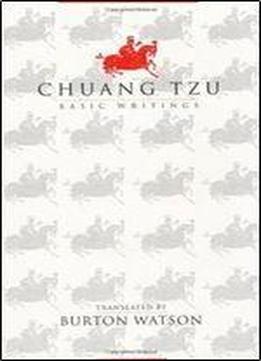
But when he awoke he realised that he had just been dreaming, and that he was really Chuang Tzu dreaming he was a butterfly. He was quite sure that he was a butterfly.

He dreamt that he was flying around from flower to flower and while he was dreaming he felt free, blown about by the breeze hither and thither.

The StimulusĬhuang Tzu was a philosopher in ancient China, who, one night went to sleep and dreamed that he was a butterfly. So, when I anchor them back to the Task Question I always say: "so how can Chuang Tzu know which is dreaming: him or the butterfly?" They of course may make the connection to themselves, and that's fine, but I do not pursue the discussion framed in this way. about Chuang Tzu rather than about the children so as to maintain an unthreatening atmosphere. I continue to keep this story, and the ensuing discussion, in the third person, i.e. Strictly speaking it is not a formal argument but it presents the idea clearly and in an appropriate way. I have used, not Descartes, but instead an ancient Chinese Toaist philosopher called Chuang Tzu for my example of the dreaming argument.


However, one needs to be very careful about how it is approached and for this reason I have put this session together to make the introduction of this idea gentle and unthreatening. The idea is that if I believe that my dreams are real while I am experiencing them then how can I tell that what I am now experiencing is really real and not just a dream? This is an idea that some children think of themselves, independently of doing philosophy, and so that makes the question an interesting and relevant one for children to do in a philosophy session. One of these arguments is known as the 'dreaming argument' and was most famously formulated by Rene Descartes in his Meditations. There are a number of arguments for why this is the case that have issued from sceptical voices over the thousands of years this has been debated. There is a view in philosophy known as epistemological scepticism in which it is held that we cannot know anything for certain.


 0 kommentar(er)
0 kommentar(er)
